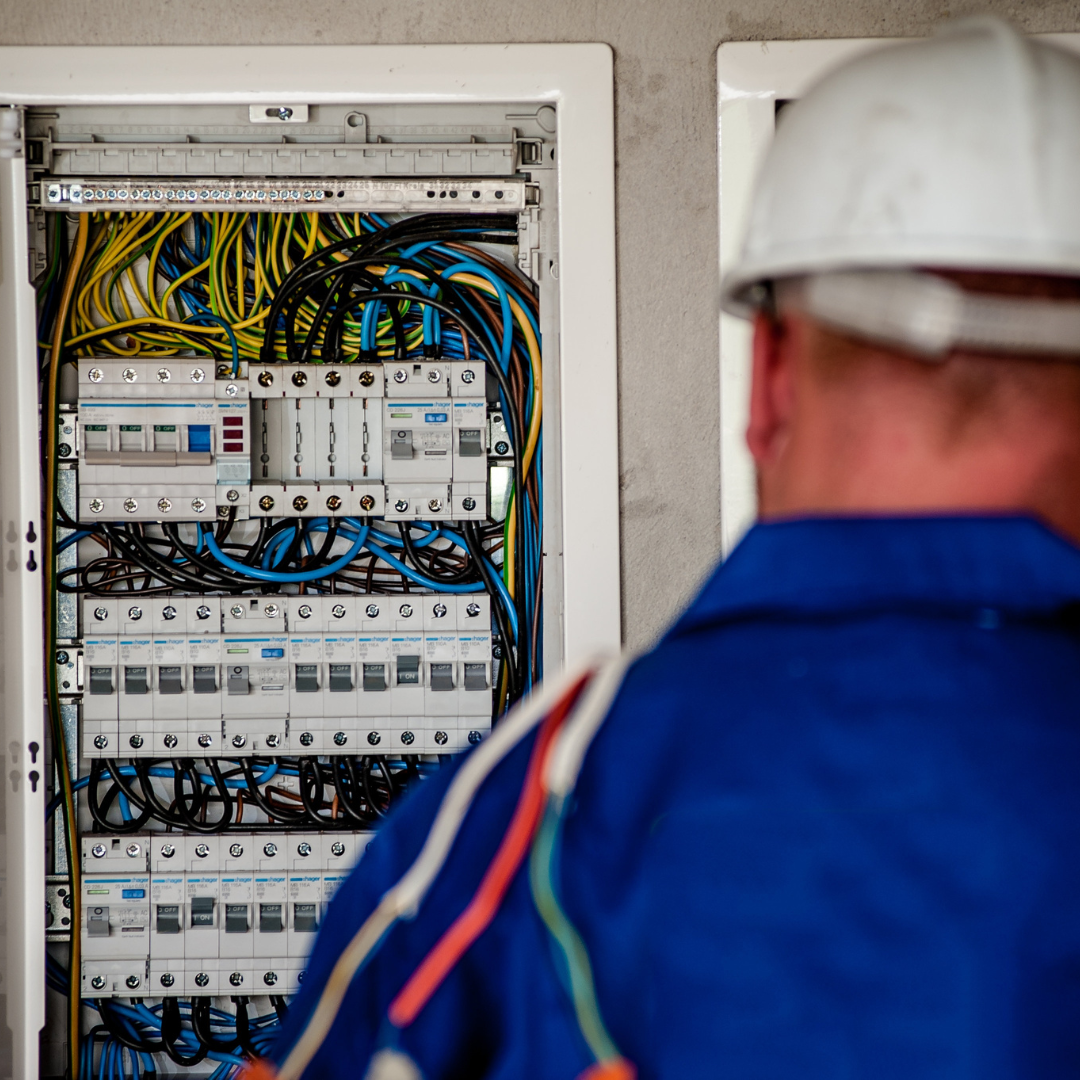When it comes to commercial properties, electrical safety isn’t just a box to tick – it’s essential for maintaining a secure, efficient, and compliant environment. So, why is this topic so crucial? For one, commercial buildings tend to have larger, more complex systems than residential properties, with higher power demands, more extensive networks, and generally more exposure to electrical risks. But the benefits of upgrading your electrical system go beyond meeting regulations.
Why Consider Electrical Upgrades for Commercial Spaces?
Most commercial properties are built to last, but electrical systems don’t stay relevant forever. Outdated wiring, increased demand, and new technologies all mean that an electrical system built a decade ago might be insufficient today. Are you noticing more equipment overheating? Have your circuit breakers been tripping? These could be red flags indicating that you need commercial electrical services Auckland. Here’s why staying proactive matters:
- Safety Standards – Commercial buildings must adhere to strict safety regulations. Failing to meet them doesn’t just risk hefty fines but also endangers everyone in the building.
- Energy Efficiency – Upgraded electrical systems can lead to a noticeable reduction in energy costs. Better lighting, modern wiring, and energy-efficient equipment mean you use power more effectively.
- Enhanced Productivity – An outdated electrical system can cause unexpected power outages, slowing down productivity. By upgrading, you can ensure your business operates smoothly.
- Future-Proofing – New equipment often demands higher power loads. Planning upgrades today will save you from future disruptions as your business and its power needs grow.
- Improved Property Value – Buyers and tenants value properties with modern, safe electrical systems, meaning upgrades can boost property value and attractiveness on the market.
Key Areas for Electrical Upgrades
When considering upgrades, there’s more to it than just replacing a few light bulbs or adding extra outlets. Commercial properties often require comprehensive assessments to identify weak points, areas for energy improvement, and, of course, safety compliance. Here are some essential aspects that can make a real difference:
1. Wiring and Cabling
Outdated or damaged wiring is a leading cause of electrical fires. Older buildings often have wiring that simply can’t handle modern electrical loads, which increases the risk of overheating. Inspecting and upgrading wiring – particularly in high-demand areas like data centers, server rooms, and workshops – is a top priority. This isn’t a job to put off until something goes wrong; think of it as laying a solid foundation for the safety and functionality of your entire system.
2. Circuit Breaker Upgrades
Circuit breakers are designed to protect your electrical system by shutting off power if something goes wrong. However, if your breakers are outdated or constantly tripping, it’s a strong sign that your system is overtaxed or inefficient. Modern breakers are more sensitive and reliable, capable of handling larger loads and protecting against power surges more effectively. Upgrading circuit breakers can be a quick win for both safety and functionality.
3. Surge Protection
Power surges happen more often than you might think, and they don’t only come from lightning strikes. Everyday equipment switching on and off can cause small surges that wear down your electrical system over time. Installing surge protection ensures that sensitive equipment, like computers and servers, is safe from sudden voltage spikes. This small investment can save thousands in potential equipment damage and downtime.
4. Energy-Efficient Lighting Systems
Lighting is one of the biggest power consumers in a commercial building. Outdated fluorescent or incandescent lighting systems can consume much more energy than necessary. By switching to LED lighting or other energy-efficient solutions, you can cut costs, extend bulb lifespan, and even reduce cooling needs (LEDs generate less heat). Additionally, lighting automation or motion sensors can help by ensuring lights are only on when needed, reducing waste.
5. Smart Building Integration
As commercial spaces become more tech-savvy, integrating smart technology into your electrical system can be a game-changer. Smart systems allow you to monitor and control everything from lighting to heating to security in real-time. They also provide valuable data on energy usage patterns, helping you identify areas for further efficiency improvements. Upgrading to a smart electrical system might seem like a big step, but it’s one that pays off in flexibility and control.
The Process of Upgrading
So, how do you approach an electrical upgrade? It’s best to start with a professional assessment. Qualified electricians can examine your current system, highlight areas needing attention, and recommend upgrades suited to your specific needs. They’ll also ensure compliance with the latest codes and standards. Once you’ve established an upgrade plan, consider the timing. Aim to schedule work during periods of low activity to minimize disruptions. Working closely with your electrical contractor ensures that the upgrades are done efficiently, without causing unnecessary downtime or impacting business operations.
Common Missteps to Avoid
With so much at stake, you’ll want to avoid common pitfalls. Here are a few mistakes that can compromise your upgrade:
- Skimping on Quality Materials – Choosing lower-quality components might seem like a cost-saver, but it can lead to frequent repairs, downtime, and safety issues.
- Ignoring Regular Inspections – Even after upgrades, regular inspections are crucial for identifying any emerging issues early on.
- Overlooking Backup Power Needs – Make sure to consider the need for reliable backup power, like opting for generator rentals Fort McMurray (or elsewhere) or UPS systems, especially if your business relies heavily on technology.
- Failing to Consult with Experts – Electrical systems are complex; trying to tackle upgrades without professional input can lead to compliance issues and potential hazards.
- Neglecting Future Scalability – Think ahead! If you expect growth in business operations, design the upgrade to support additional load or future technologies.
Keeping Your Building Safe and Efficient
Electrical upgrades aren’t just about staying compliant or avoiding fines; they’re a way to protect your property, enhance efficiency, and future-proof your business against power disruptions. With careful planning, quality materials, and a bit of foresight, you can create an environment that supports productivity and safety. Whether it’s as simple as upgrading the lighting or as extensive as a full-scale wiring overhaul, investing in electrical upgrades is always a step in the right direction.

